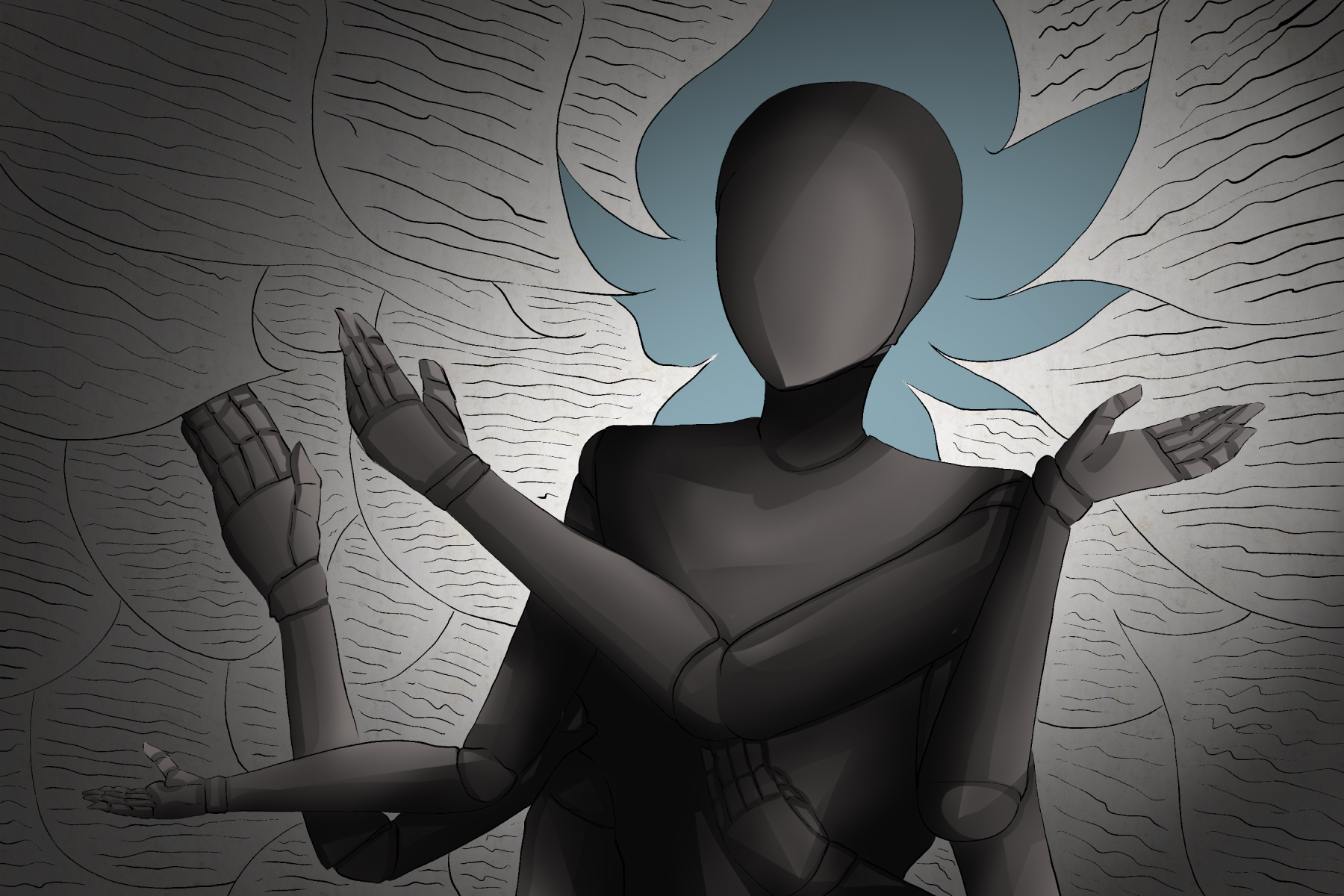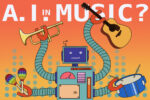When choosing between the Advanced Placement (AP) curriculum and International Baccalaureate (IB) diploma programme during my sophomore year of high school, I decided to embark on the IB diploma curriculum. Unlike AP courses, which are only one year long, IB courses last for two years. I felt like this would allow for a slower teaching of the curriculum and an “excellent breadth and depth of knowledge” as the IB programme claims. Throughout the programme, I bonded deeply with my peers and teachers and it encouraged me to experience a wide range of extracurriculars.
Most predominantly, the IB programme heavily involves writing skills. Alongside exams, students are required to produce reflections on extracurriculars, a service project (with written reflections), research papers for each of their six classes, philosophy papers and a 3,500-4,000 word research essay (again, with written reflections). As a current sophomore in college, I feel this emphasis on writing has improved my skill in that area, and eased how I feel toward it.
This is why it was a surprise to many that on February 28th, 2023, the International Baccalaureate Programme announced that students were permitted to use artificial intelligence (AI) on all writing assignments. They claimed AI technology will “become part of our everyday lives — like spell checkers, AI essay writer, translation software and calculators. We, therefore, need to adapt and transform our educational programes … so that students can use these new AI tools ethically and effectively.” The IB explained that as long as students quote ChatGPT and credit it in their bibliography, the use of AI in academic writing is permissible.
In contrast, the New York Department of Education has banned ChatGPT for “concerns about negative impacts” and the “safety and accuracy” of the technology. In Australia, some schools and universities have even blocked access to the AI chatbot on their Internet networks. In the Daily Mail’s article on the IB’s decision to permit the use of ChatGPT, many comments viewed the AI technology as “plagiarism” or “cheating.” One commenter remarked, “If the essay or coursework is not completed by the student, it does not in any way represent their knowledge or skills in the field.” Understandably, many educators and parents fear ChatGPT as an easily accessible avenue for plagiarism, leading them to ban the technology altogether.
Is ChatGPT a Part of our Everyday Lives?
In less than a week after its launch, ChatGPT accumulated 1 million registered users. Its popularity stems from its ability to produce naturalistic and human-like replies when given a prompt. Moreover, the chat box is free and therefore readily available to anyone with Internet access. There is also a belief that an AI chatbot increases a user’s productivity. According to a study by MIT students, those who used ChatGPT were “37% faster at completing tasks” than non-AI users. Furthermore, it is difficult to detect ChatGPT as it can provide new and unique responses with every prompt. GPTZero, a program supposedly able to detect the AI writing tool, is unreliable and easy to bypass by changing certain passages. At the College of New Jersey, 14 out of 163 students in a philosophy class used ChatGPT in their essays.
However, it’s not impossible to detect AI technology usage in someone’s writing. Despite its naturalistic writing techniques, ChatGPT produces recognizably formulaic and generic answers. This is because the AI chat box does not look for facts, rather, it relies on learned patterns. This can lead it to provide inaccurate information and create similar essays with the same structure and ideas. ChatGPT also does not cite any sources, instead referencing ‘some people’ or ‘many.’ Moreover, when students feed the same writing assignment prompt to the chatbot, it is bound to produce similar responses. ChatGPT can emulate a human voice, but does so in an unoriginal and inaccurate way.
To Ban or Not to Ban?
The reality is that AI technology will only continue to advance. OpenAI, the creator of ChatGPT, has recently released ChatGPT-4, also known as ChatGPT Plus, on March 4th of 2023. OpenAI claims that this updated software “pro[duces] safer and more useful responses,” with improvements in its research and objectivity. It is reportedly better at refusing to answer racist and harmful prompts. ChatGPT-4 has even enhanced its creativity, a weakness of its previous iteration, through its newfound ability to “com[pose] songs, wri[te] screenplays or lea[rn] a user’s writing style.” Companies such as Duolingo, Morgan Stanley and Khan Academy have also adopted this new update. However, it is also a paid feature, requiring a monthly subscription of $20.
Stefania Druga, the creator of an artificial intelligence education website, believes educators should “teach people how to have a critical opinion about it rather than banning it.” Although educators can ban AI technology on school servers, students can still easily access it outside of school. Kevin Roose, a technology columnist for The New York Times, reasons that schools should treat the AI chat box as a learning tool. Instead of take-home exams, students could also have more in-class, timed exams or class discussions to combat ChatGPT usage. As technology advances, it is up to educators to shape their curriculum around AI.
IB’s AI Grading Scandal
In May 2020, IB students were sent into a frenzy when they viewed their final grades. The IB Programme had canceled its final exams, and instead used an AI algorithm to assign final grades to students based on their previous assignments and scores. To their horror, many students received extremely skewed final grades, deviating multiple points from their teachers’ predicted scores. As most colleges and universities give conditional offers and require students to send in their final grades, the IB’s algorithm unfairly altered the acceptances of many IB students. In normal circumstances, the IB directly reviewed and graded students’ final exams. Yet again, this incident proves that AI cannot replace people.
AI technology is a helpful tool for students. They can use ChatGPT as a semi-reliable fact checker for basic information and to ask for feedback on their writing. In the case of writer’s block, one could even ask ChatGPT to formulate an outline or research questions. Although implementing more in-person, timed writing assignments would demonstrate one’s writing ability without external help, the pressure and short-time period would also influence students’ writing, ultimately not painting a true picture of their ability. To combat the temptation to use ChatGPT, I believe the IB, and educators, should inform students about AI’s fallacies and the importance and necessity of writing skills in a professional setting. I’m unsure whether or not the IB should have permitted AI technology in writing, as it could encourage students to use and rely on ChatGPT. However, I understand that banning the AI chatbot does not entirely eliminate the problem. Ultimately, educators should reiterate that AI is a tool rather than an easy alternative and essay generator. One’s creativity and individualistic voice will always shine far brighter than any writing from AI, no matter how advanced it becomes.

















